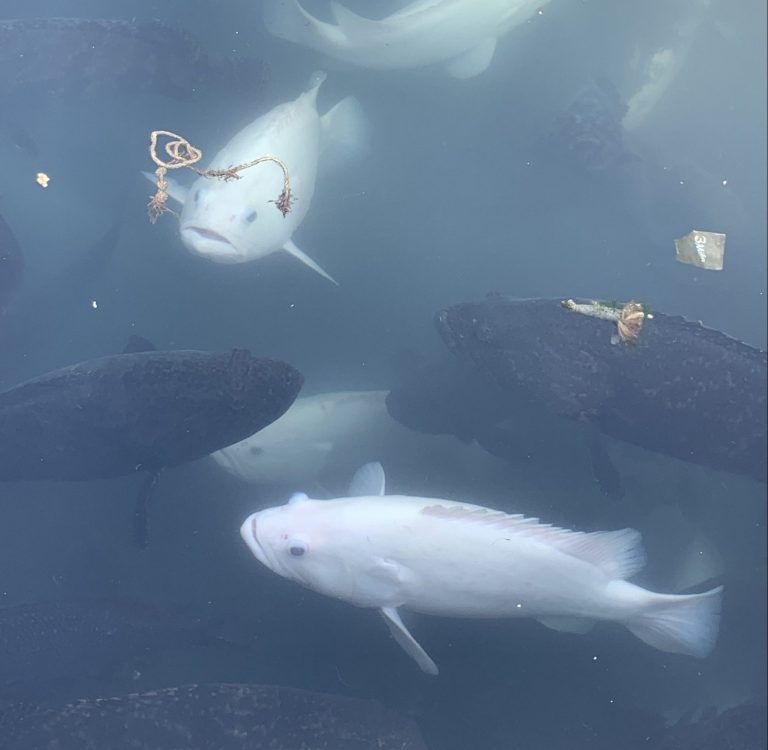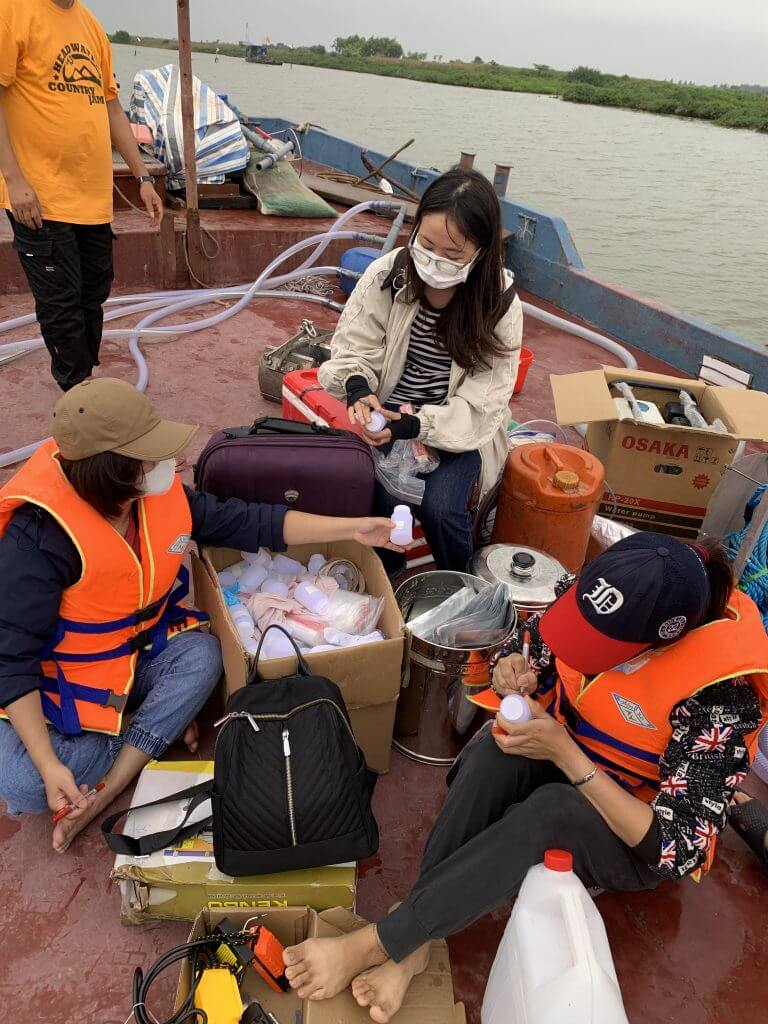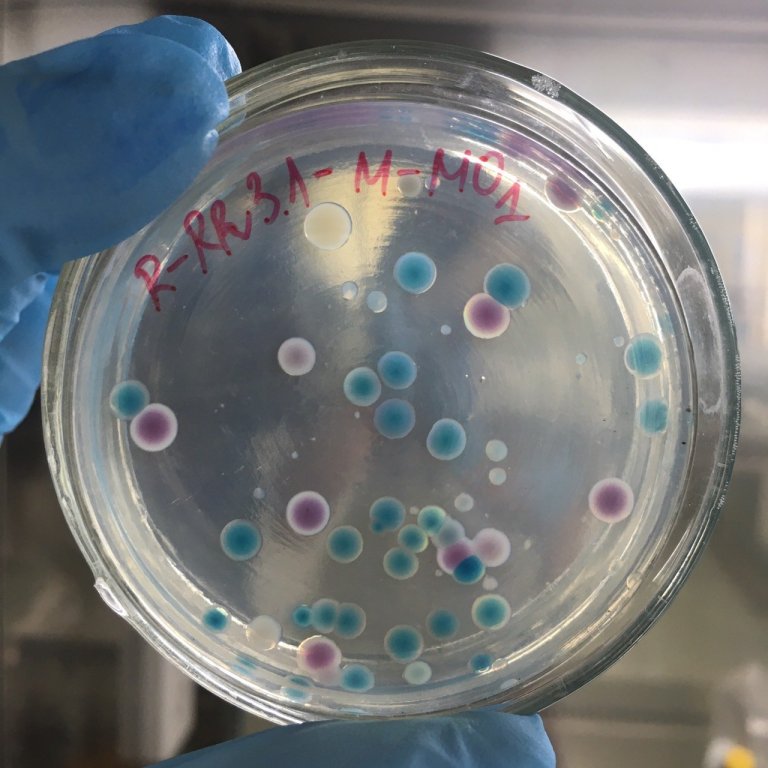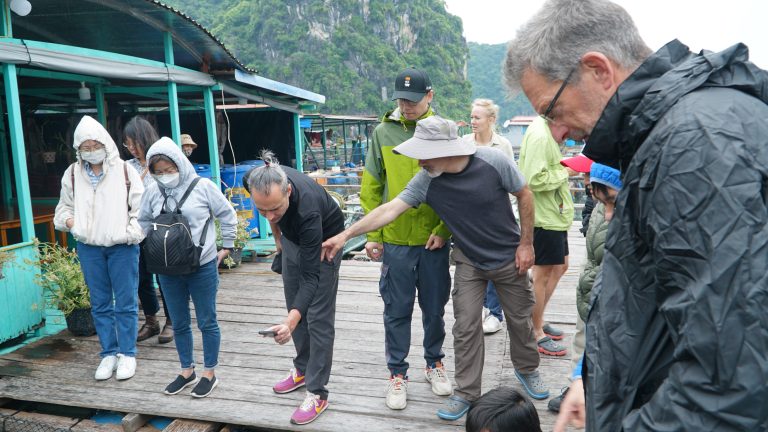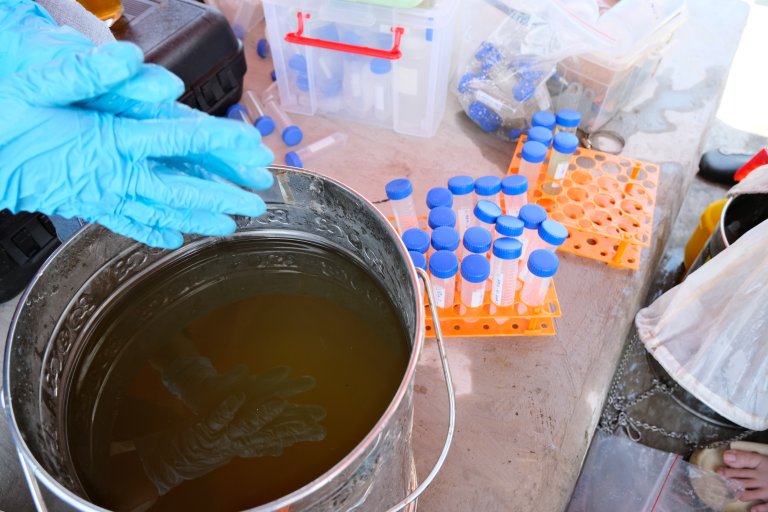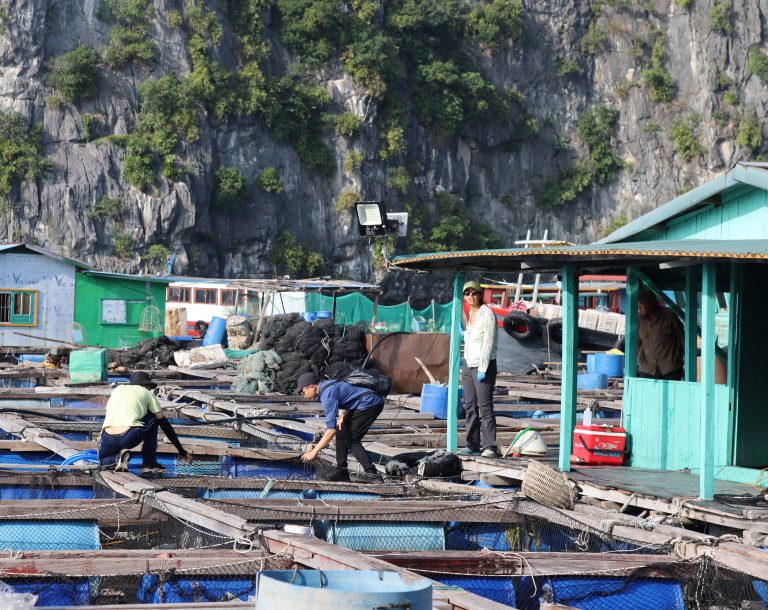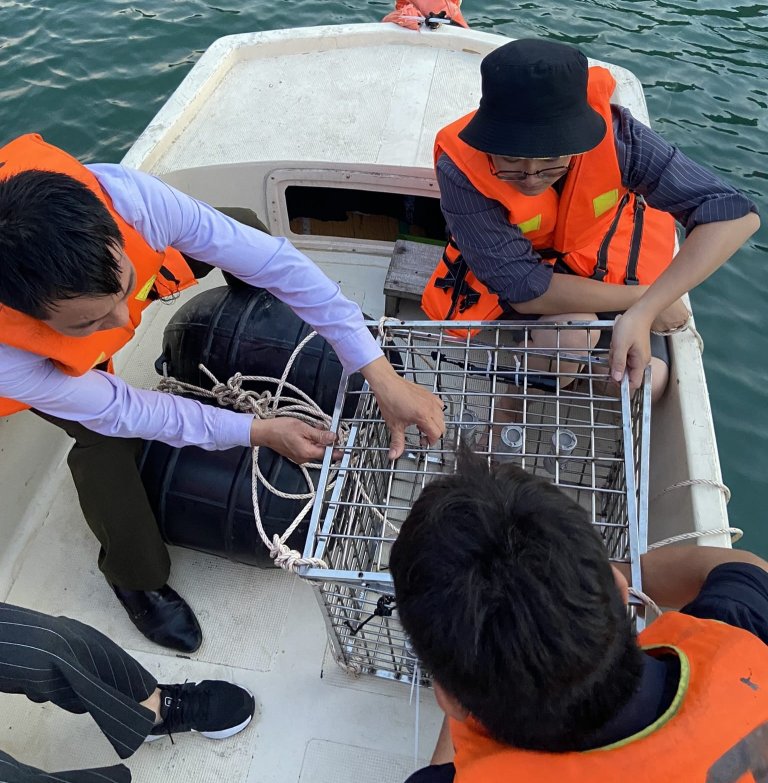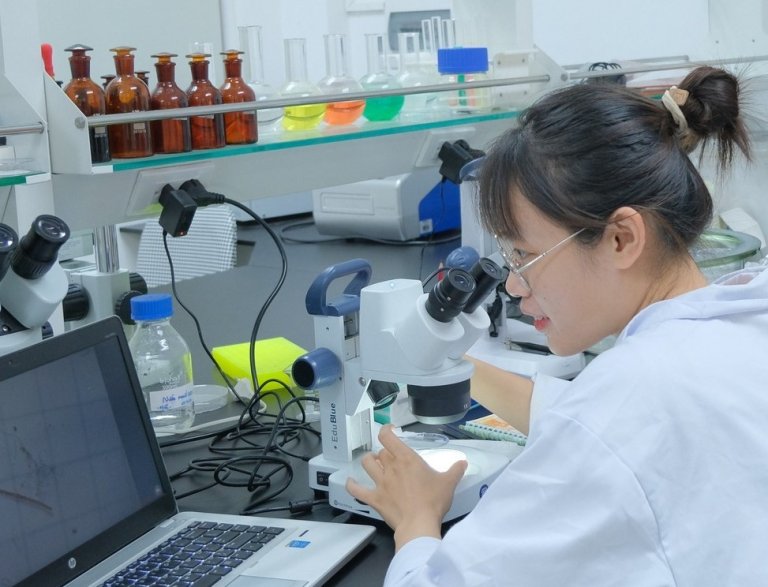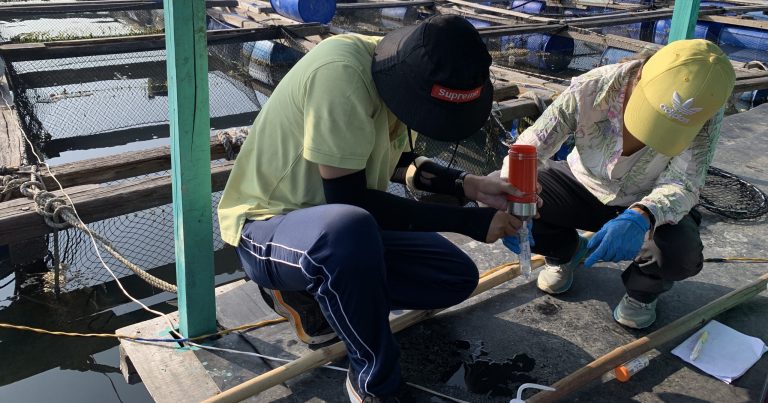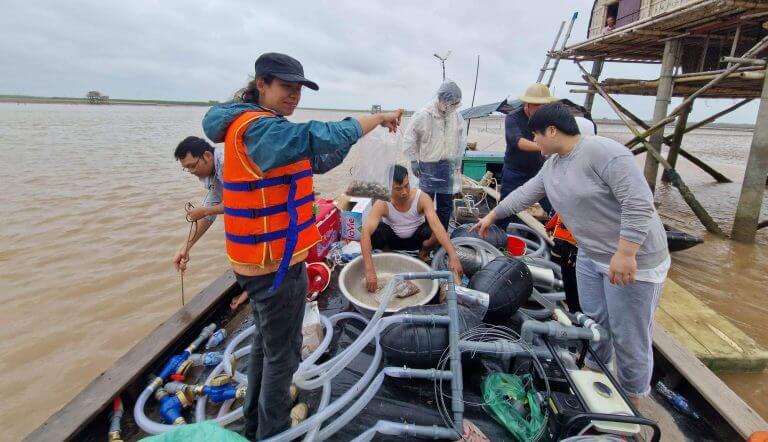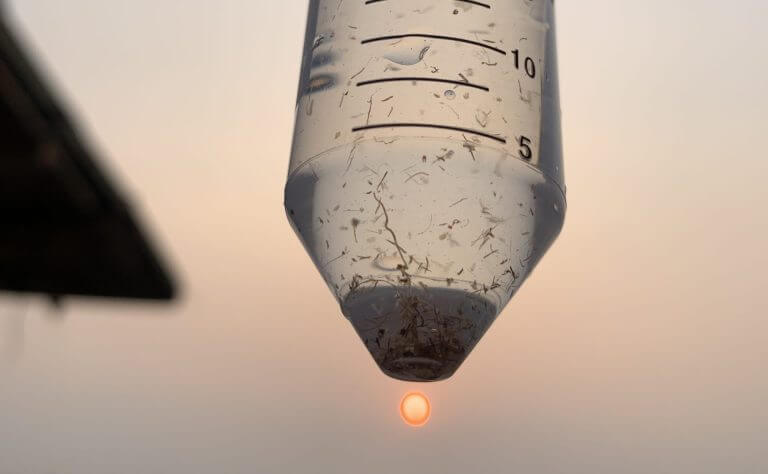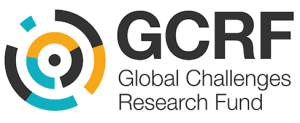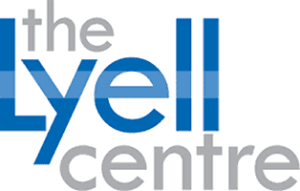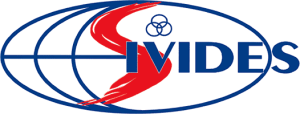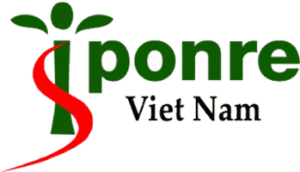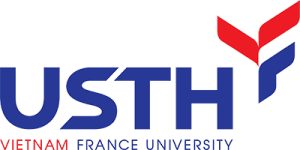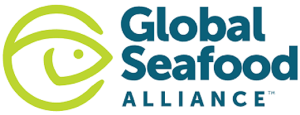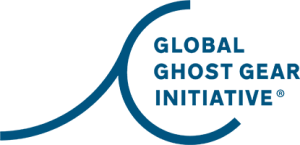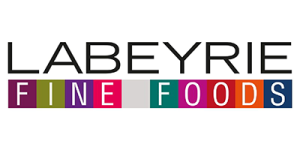Dự án 3SIP2C chia sẻ tại Hội thảo Nhóm Công tác triển khai Chương trình Đối tác Hành động Quốc gia về Nhựa
TS Ngô Thị Thuý Hường, đại diện dự án 3SIP2C, vừa tham dự Hội thảo Nhóm Công tác triển khai Chương trình Đối tác Hành động Quốc gia về Nhựa (NPAP), ngày 9/7 tại Hà Nội. Sự kiện được tổ chức bởi UNDP Việt Nam.
Tại Hội thảo, TS Hường chia sẻ về dự án “Nguồn phát thải, nơi tích tụ và các giải pháp nhằm giảm thiểu tác động của rác thải nhựa đến cộng đồng ven biển ở Việt Nam” (3SIP2C). Dự án do Quỹ Nghiên cứu thách thức toàn cầu (GCRF) tài trợ thông qua Hội đồng nghiên cứu Môi trường tự nhiên (NERC) thuộc Tổ chức Nghiên cứu và Đổi mới Sáng tại – Vương Quốc Anh (UKVI), được thực hiện bởi Đại học Heriot-Watt (Vương quốc Anh) và 6 đối tác tại Việt Nam. Cụ thể, TS Hường giới thiệu về các kết quả nghiên cứu chuyên sâu và các tác động tích cực của dự án với môi trường, kinh tế và sự tham gia của người dân.
TS Ngô Thị Thuý Hường cũng là diễn giả trong Thảo luận Bàn tròn: Từ Dữ liệu đến Hành động: Tìm hiểu các số liệu dẫn chứng thúc đẩy các giải pháp tuần hoàn nhựa. TS Hường đã chia sẻ thông tin về những rủi ro đến môi trường và sức khỏe liên quan đến vi nhựa cũng như chính sách cấp quốc gia hay sự hợp tác liên ngành nên đóng vai trò như thế nào để giải quyết những mối đe dọa mới nổi này, đặc biệt là đối với các cộng đồng ven biển dễ bị tổn thương. Bên cạnh đó TS Hường cũng thảo luận về làm thế nào để những phát hiện này có thể được chuyển hóa thành các giải pháp can thiệp cụ thể tại địa phương, hỗ trợ hiệu quả cho cộng đồng và các doanh nghiệp, đặc biệt là trong lĩnh vực nuôi trồng thủy sản và du lịch.
Hội thảo Nhóm công tác triển khai Chương trình NPAP lần thứ sáu quy tụ hơn 90 đại biểu tham dự trực tiếp và trực tuyến, đại diện cho các cơ quan Chính phủ, đại sứ quán, doanh nghiệp, hiệp hội, tổ chức quốc tế và các đối tác phát triển trong mạng lưới NPAP Việt Nam. Sự kiện tiếp nối cam kết giải quyết các thách thức liên quan đến ô nhiễm nhựa, với mục tiêu hỗ trợ các bên liên quan đa ngành củng cố chuyên môn, triển khai các sáng kiến để đạt các mục tiêu quốc gia. Các mục tiêu này bao gồm: giảm 75% rác thải nhựa trên biển vào năm 2030, loại bỏ nhựa dùng một lần ở các tỉnh ven biển và triển khai Trách nhiệm mở rộng của nhà sản xuất (EPR) trên toàn quốc.
........
3SIP2C at the Leadership Board Meeting National Plastic Action Partnership Viet Nam
Dr Huong Ngo participated in the 6th Viet Nam NPAP Leadership Board Meeting & Consultation Workshop for INC-5.2, on July 9 in Hanoi. The event was organized by UNDP Viet Nam.
In the workshop, Dr Huong presented the “Sources, Sinks, and Solutions for Impacts of Plastics on Coastal Communities in Vietnam” (3SIP2C) project. This is funded by the Global Challenges Research Fund (GCRF) through the UK Research and Innovation’s Natural Environment Research Council (NERC), and implemented by Heriot-Watt University (UK) in collaboration with six Vietnamese partners. Dr. Huong provided an overview of the project implementation process, in-depth research findings, and the project’s positive impacts on the environment, economy, and community engagement.
Dr. Huong was also a speaker in the Roundtable Discussion: "From Data to Action: Exploring Evidence Base for Plastic Circularity Solutions." Dr. Hường contributed valuable information which highlights environmental and health risks linked to microplastics as well as what role should national policy or cross-sectoral collaboration play in addressing these emerging threats, especially for vulnerable coastal communities. Dr Huong also discussed how can these findings be translated into actionable local interventions for communities and businesses such as aquaculture and tourism.
The sixth NPAP Working Group Workshop gathered more than 90 participants, both in person and online, representing government agencies, embassies, businesses, associations, international organizations, and development partners within the NPAP Vietnam network. The event reaffirmed the commitment to addressing challenges related to plastic pollution, aiming to support multi-stakeholder collaboration in strengthening expertise and implementing initiatives to achieve national targets. These targets include a 75% reduction in marine plastic waste by 2030, the elimination of single-use plastics in coastal provinces, and the nationwide implementation of Extended Producer Responsibility (EPR).

